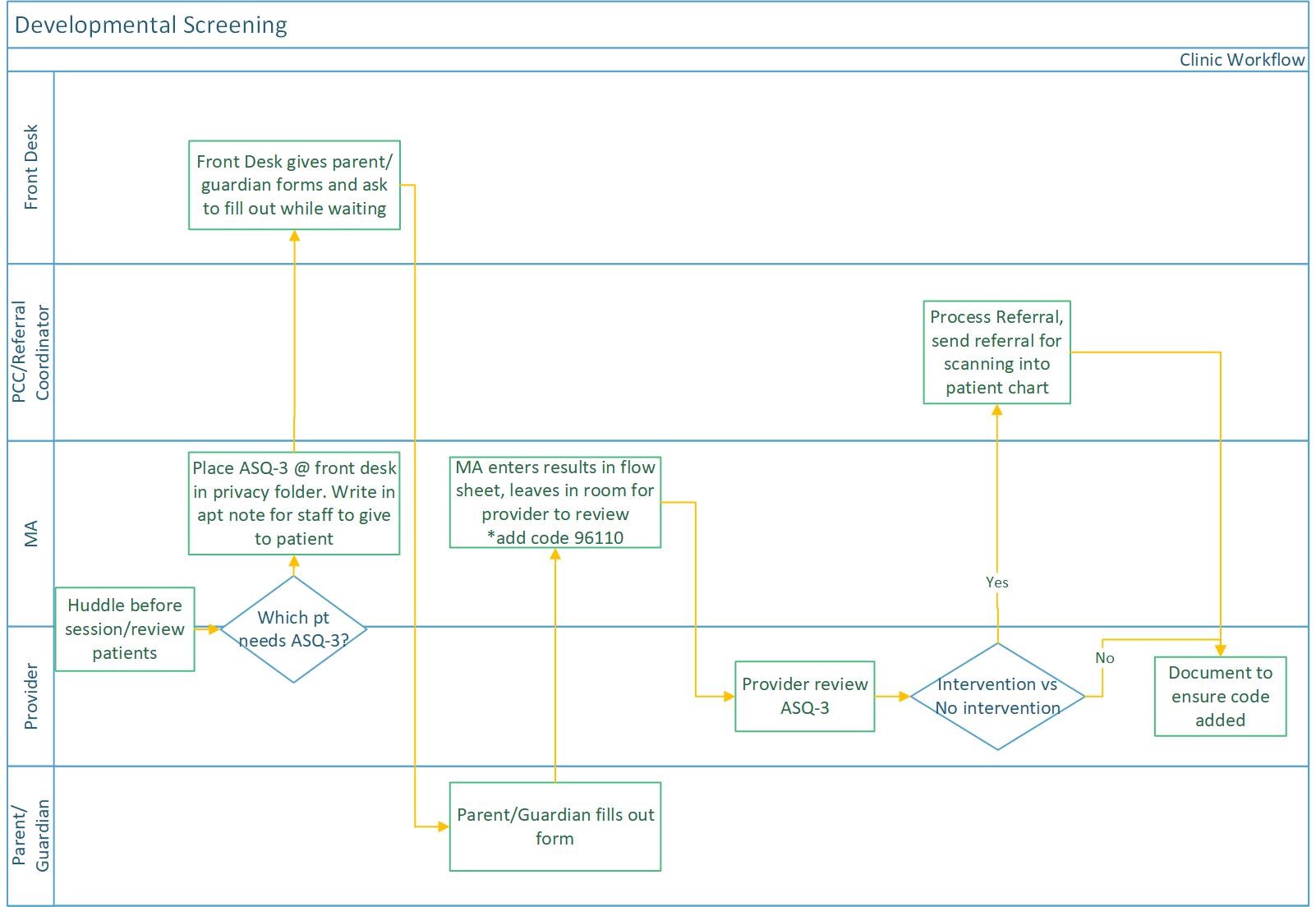
Manage Care

Developmental Screening in the First 3 Years Tip Sheet
Measure Description:
The percentage of members one to three years of age screened for risk of developmental, behavioral and social delays using a standardized screening tool in the 12 months preceding, or on their first, second or third birthday.
Incentives are paid to the linked primary care provider (PCP) on an annual basis, following the end of quarter four. For additional information, refer to the CBI Technical Specifications.
- Administrative members at end of the measurement period.
- Dual coverage members.
Documentation must include a standardized developmental screening tool. Screening tools do not need to be sent to the Alliance. Developmental screenings are recommended at the nine, 18, and 30-month visits following the Bright Futures Periodicity Schedule. Developmental concerns found through developmental surveillance should be followed by standardized developmental screening, or direct referral to intervention and specialty care, and be documented for medical necessity in the chart.
Please include the following in the patient’s medical record:
- Indication of the standardized tool that was used.
- The date of the screening, and evidence that the tool was completed and scored.
Refer to the chart below for examples of standardized screening tools.
| Developmental Screening Tool Name | Category | Topics Covered | Age | Time for Parent to Complete | Cost |
|---|---|---|---|---|---|
| Developmental Screening Tools for CBI & Healthcare Effectiveness Data and Information Set (HEDIS) Compliance | |||||
| Ages and Stages Questionnaire (ASQ-3)* | Development | Behavior, language development, motor, problem solving | 1 month to 5 ½ years | 10-15 minutes | $240 |
| Parents’ Evaluation of Developmental Status (PEDS) | Development | Behavior, language development, motor, problem solving, social-emotional development | Birth to 8 years | 2 minutes | Starts at $36 |
| Parents’ Evaluation of Developmental Status- Developmental Milestones (PEDS-DM) | Development, social-emotional development | Behavior, language development, motor, problem solving, social-emotional development | Birth to 8 years | 5 minutes | $299 |
| Survey of Well-being of Young Children (SWYC) | Development, autism, social-emotional development, maternal depression, social determinants of health | Autism, family stress, language development, maternal depression, motor, social-emotional development | Children under 5 years of age | 5-10 minutes | Free |
Note: The following domains must be included in the standardized developmental screening tool: motor (fine and gross), language, cognitive, and social-emotional with established reliability, validity and sensitivity/specificity ratings of 0.70 and above.
Standardized tools that specifically focus on one domain of development (e.g., child’s social-emotional development [ASQ-SE] or autism [M-CHAT] do not qualify as screening tools that identify risk of developmental, behavioral, and social delays.
Developmental testing, with interpretation and report CPT Code: 96110.
Billing Frequency: Twice in a 12-month period.
Autism screening tools such as M-CHAT do not count as developmental screening, nor does standardized screening for a specific domain of development such as social-emotional screening via the ASQ-SE.
Billing Frequency: Twice in a 12-month period.
Data for this measure is collected using claims, DHCS Fee-for-Service encounter claims and provider data submissions via the Data Submission Tool (DST) on the Provider Portal. To find gaps in data:
- Run a report from your electronic health record (EHR) system; or
- Manually compile patient data. For example, download your Care-Based Incentives Measure Details report on the Provider Portal and compare it to your EHR/paper records.
This measure allows providers to submit developmental screening information from the clinic EHR system or paper records to the Alliance by the DST contractual deadline. To submit, upload data files to the DST on the Provider Portal. To be accepted, data must be submitted as a CSV file. Step-by-step instructions are available in the Data Submission Tool Guide on the Provider Portal.
- Incorporate screening procedures into the ongoing healthcare of children. This increases the chances that previously undetected developmental delays can be detected at subsequent screenings (American Academy of Pediatrics, AAP).[1]
- Conduct developmental surveillance at every health visit and screen using a formal, validated tool at ages nine, 18 and 30 months (AAP). When discussing developmental surveillance with families, using the term “monitoring” may be a more helpful way to discuss surveillance.
- Screen more frequently if there are additional risk factors, such as preterm birth, low birth weight and lead exposure, among others.
- Ask about and address parent’s concerns about their child’s development.
- Screen for maternal depression at one, two, four, and six-month visits. Postpartum depression is considered an adverse childhood experience and has a profound effect on infants and children.[2]
- Survey parents/guardians for risk factors of social determinants (e.g., food, housing, etc.) of health at all patient visits.
- Social-emotional screening is recommended at regular intervals.
[1] American Academy of Pediatrics. Developmental Surveillance and Screening of Infants and Young Children Committee on Children with Disabilities. (2001). American Academy of Pediatrics, 108 (1), 192-195.
[2] American Academy of Pediatrics. Incorporating Recognition and Management of Perinatal Depression Into Pediatric Practice. Earls, MF, Yogman, MW, Mattson, G, Rafferty, J. Committee on psychosocial aspects of child and family health. (2019). American Academy of Pediatrics, 143(1).
An example workflow can include the following:

- Alliance Cultural and Linguistic Services are available to network providers.
- Language Assistance Services – request materials at 800-700-3874, ext. 5504.
- Telephonic Interpreter Services – available to assist in scheduling members.
- Face-to-Face Interpreter Services – can be requested for the appointment with the member.
- For information about the Cultural and Linguistic Services Program, call the Alliance Health Education Line at 800-700-3874, ext. 5580 or email us at [email protected].
- Alliance Transportation Services for patients with transportation challenges.
- Non-emergency medical transportation (NEMT), call 800-700-3874, ext. 5640 (TTY: Dial 711).
- Non-medical transportation (NMT), call 800-700-3874, ext. 5577 (TTY: Dial 711).
- Developmental Surveillance: What, Why and How.
- Identification, Evaluation, and Management of Children With Autism Spectrum Disorder.
- Identify Risks, Strengths, and Protective Factors for Children and Families: A Resource for Clinicians Conducting Developmental Surveillance.
- Promoting Optimal Development: Identifying Infants and Young Children With Developmental Disorders Through Developmental Surveillance and Screening.
Contact us | Toll free: 800-700-3874
Member Resources
GRIEVANCE FORM
Member Handbook
Health Rewards Program
Continuity of Care Policy
The Alliance
© 2025 Central California Alliance for Health | Website Feedback

